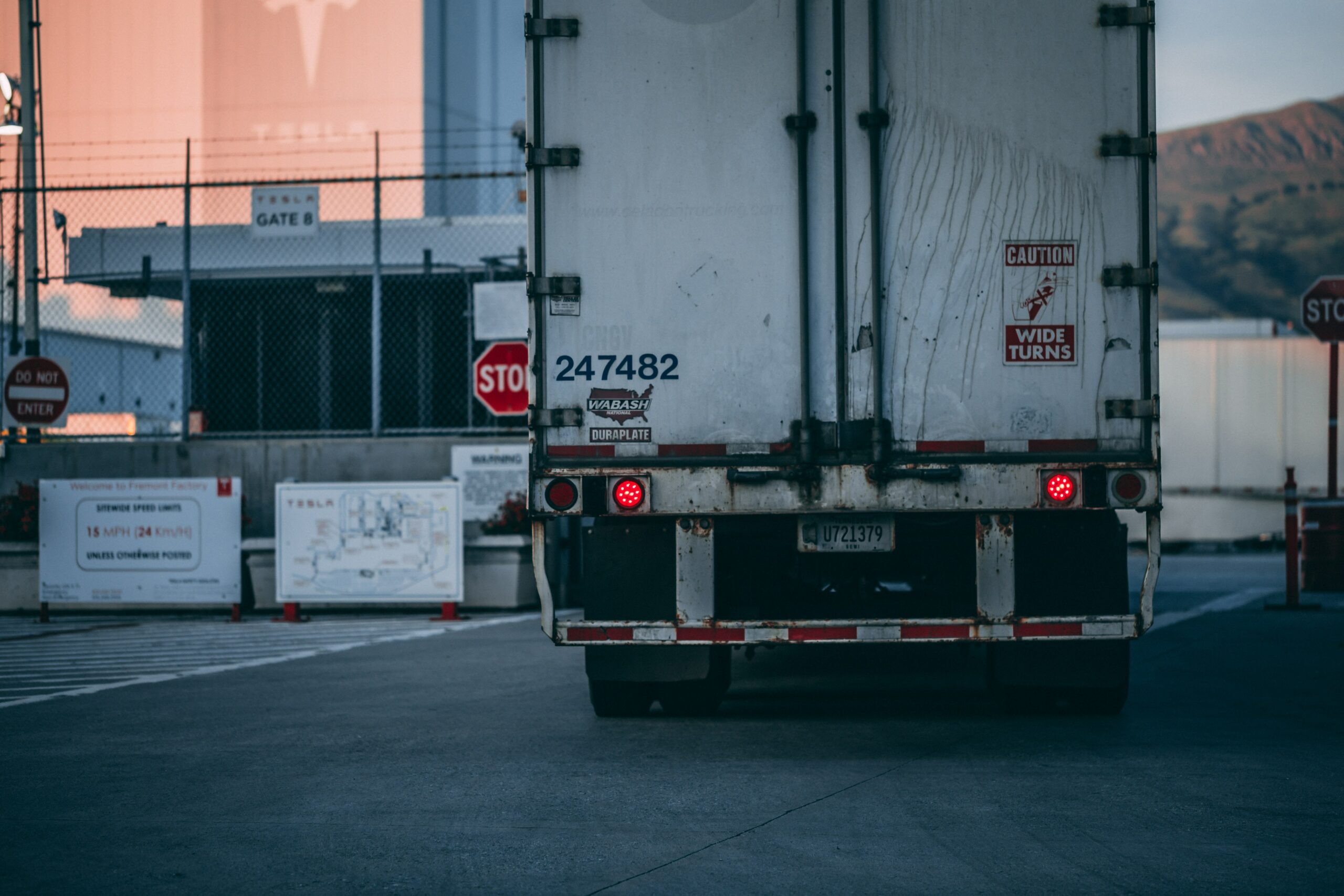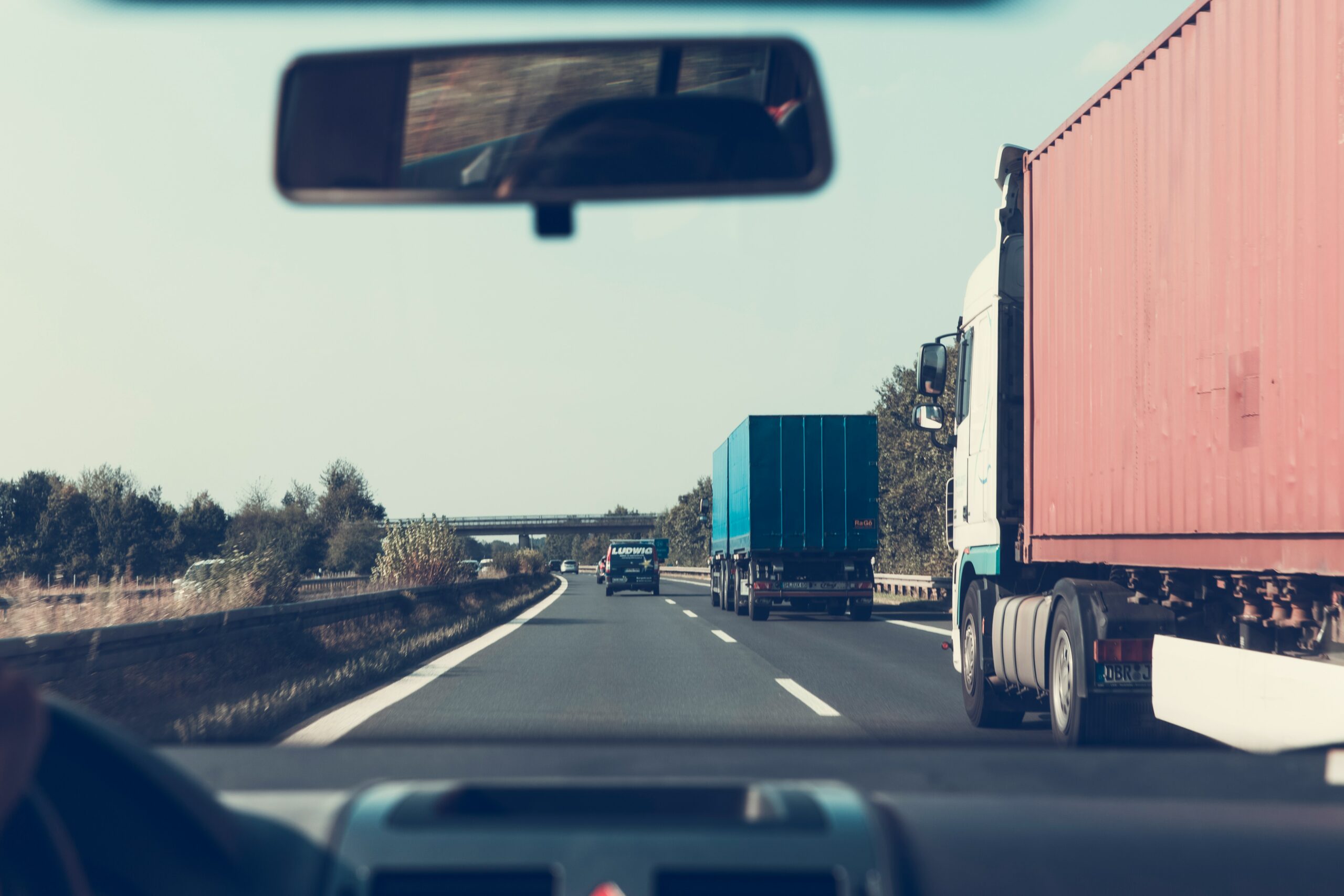Yesterday Tuesday 4 December 2018 was an important day for everyone who has to do with cross-border transports: the transport ministers of the EU have reached an agreement concerning the approach of cross-border transports. The key elements are:
Same pay for same work in the same place, but not for cross-border operations.
The principle of ‘the same pay for the same work’ will not be applicable in case there is a connection between the transport network and the country of origin of the driver. This means that a schism will remain to exist with certain national legislations, as in Germany and France.
However, two extra activities of loading or unloading are allowed. It is possible to carry out one of these activities on the way out and one on the way back, or both on the way back.
Cabotage.
In the case of cabotage, the principle of ‘the same pay for the same work’ will be fully applicable.
Concerning cabotage, the rule will remain that a maximum of three cabotage operations are permitted within a seven day period. To further restrict cabotage, a cooling off period of 5 days is mandatory before further cabotage operations can be carried out again in the same country with the same vehicle.
Resting in the cabin – Returning home every four weeks.
It will remain prohibited to sleep inside the cabin when spending the weekly rest of 48 hours. The work of the driver has to be organised by the carrier in such a way that it is possible for the driver to return home at least every four weeks. If the driver chooses to not rest for 48 hours, but chooses to rest for 24 hours twice in a week, he should be able to return home every three weeks.
Smart tachograph.
A key elements for the enforcement of rules relating to transport on the road is a reliable method of registering when and where a truck crosses a border, and a method to keep track of all loading and unloading activities. All vehicles carrying out international transport operations will have to be equiped with a ‘smart’ tachograph by the end of 2024.
Watch out!
Keep in mind all this is not to be seen as regulation, but just the position of the council of ministers for the upcoming round of negotiations with the European Parliament.
However, the importance of this position cannot be overrated, as is shown by the following statistic: in 2017, 71% of all cabotage operations in Belgium were carried out by carriers with their company seat in one of the ‘new’ EU member states.




